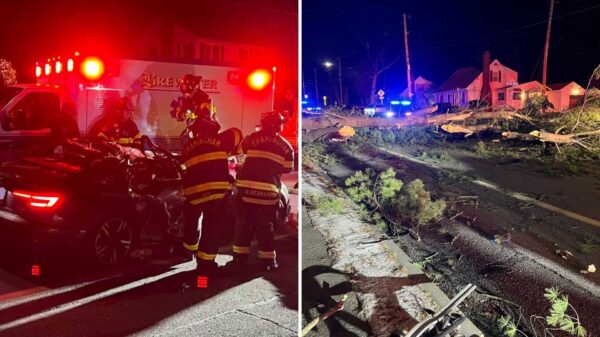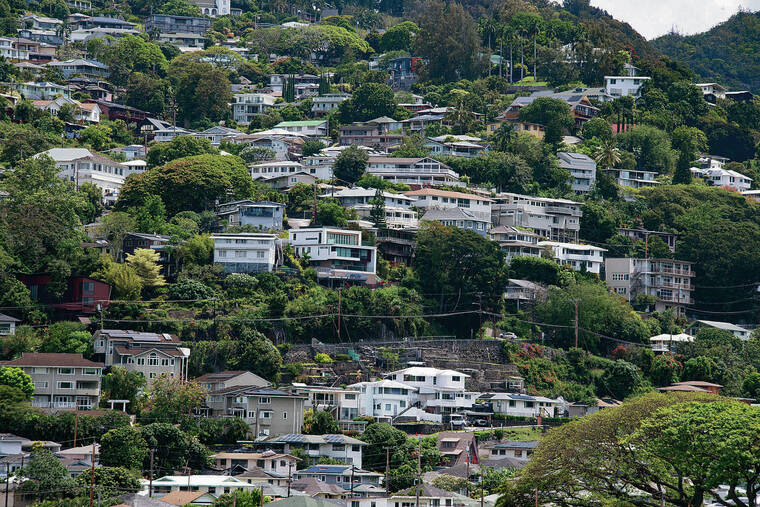Honolulu is at a critical juncture in addressing its ongoing housing crisis, with discussions surrounding an “empty homes tax” resurfacing as a potential solution. The 2020 U.S. Census revealed a staggering 34,000 vacant homes on Oahu, highlighting the urgent need for effective action. As local residents grapple with housing shortages, the proposed tax aims to impose a higher levy on residential properties that are not used as principal residences for at least half of the year.
The empty homes tax could yield significant benefits. It would help reduce international demand for local properties, convert unused homes into residences for residents, and generate substantial revenue for affordable housing initiatives. According to a feasibility report conducted by Ernst & Young, this tax could potentially generate over $290 million in net revenue over a decade while making more than 1,100 housing units available for local use. The overall impact is estimated to exceed $1 billion in value.
Feasibility and Implementation Challenges
In 2024, the Honolulu city government hired Ernst & Young to develop a model for implementing the empty homes tax as part of Bill 46 (2024). The report completed in 2025 outlined the financial implications and practical applications of the tax. Despite the promising findings, the city’s Budget and Finance Services Director unexpectedly canceled Ernst & Young’s contract, claiming a lack of expertise and resources to implement the tax. This decision reflects a broader reluctance within city leadership to pursue this initiative, even as local advocates call for comprehensive studies to support informed decision-making.
Critics of the cancellation argue that the move is counterproductive, particularly as the budget for the study was funded by federal resources. They emphasize the importance of gathering data to navigate the complex housing landscape effectively. As housing advocates and even some tax opponents have pointed out, understanding the implications of such a tax is essential for making sound policy decisions.
Broader Implications for Housing Policy
While the empty homes tax is not a cure-all for the housing crisis, it represents a vital tool for addressing the issue. Experts agree that a multifaceted approach is necessary, incorporating transit-oriented development, streamlined permitting processes, and affordability requirements tied to local incomes. The empty homes tax stands out for its potential to redirect investment away from speculative ownership, thereby prioritizing the needs of local residents.
Supporters argue that the tax would not adversely affect homeowners who use their properties as principal residences. Instead, it would focus on properties that contribute to the housing shortage by remaining vacant. The debate encapsulates a broader challenge facing Honolulu: balancing the interests of wealthy investors with the pressing needs of local communities.
Calls for decisive leadership are louder than ever. As the city grapples with the implications of housing policies, the question remains whether Honolulu will prioritize local residents or continue to cater to external investment. As homelessness rates rise and the community’s future hangs in the balance, the empty homes tax could signify a commitment to ensuring housing security for all residents, rather than perpetuating a system that favors investment over community stability.
Local residents are looking to their leaders for bold action. The empty homes tax is more than just a financial measure; it is a statement about the values of the community. As Ellen Godbey Carson, a retired attorney and former president of the Institute for Human Services, emphasizes, supporting this tax is crucial for affirming a commitment to prioritizing local residents in housing policy discussions.





































































